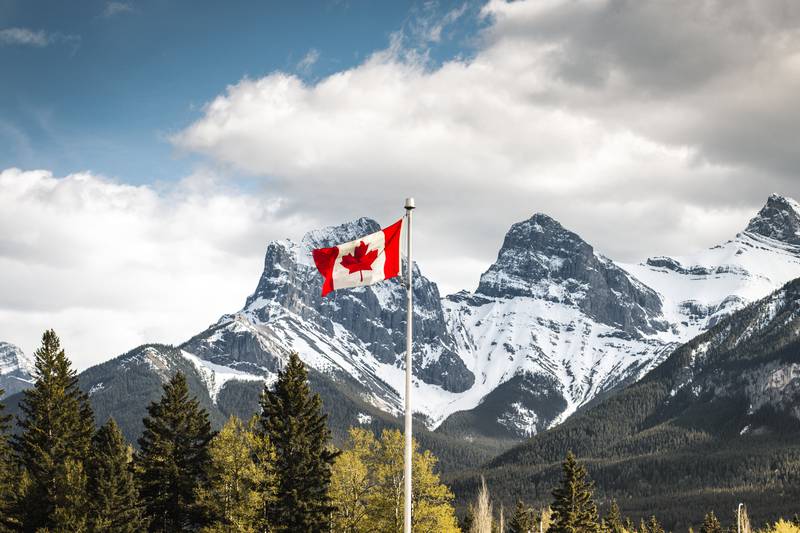Canada to remove all Covid-19 restrictions from Octobe

Canada will remove all Covid-19 restrictions for inbound travellers from October 1, including testing, quarantine and isolation requirements, the government announced on Monday. From Saturday, travellers, regardless of citizenship, will no longer need to submit health information through the ArriveCAN app or provide proof of vaccination.
The official requirement for travellers to wear masks on planes and trains will also be dropped, although the government is still encouraging people to do so. Canada will also welcome cruise passengers back without regulations.
Jean-Yves Duclos, Canada’s Minister of Health, said: “Thanks largely to Canadians who have rolled up their sleeves to get vaccinated, we have reached the point where we can safely lift the sanitary measures at the border. “However, we expect Covid-19 and other respiratory viruses will continue to circulate over the cold months, so I encourage everyone to stay up-to-date with their Covid-19 vaccination, including booster doses, and exercise individual public health measures.
“I also thank the dedicated public health officers and frontline staff at our land borders and airports who have worked tirelessly to protect the health and safety of people in Canada for the two years.”
Travellers who have entered Canada in the 14 days before October 1 will not be required to complete the remainder of their quarantine or isolation after Saturday, or complete their testing requirements. For Canadians whose lives straddle the US border, the lifting of the restrictions is welcome news.
“I think it's more than about time that it was removed as a border-crossing requirement,” said Robin Smith, a resident of Standstead, Quebec, a small community that borders the US town of Derby Line. The pandemic has been especially disruptive to Canadian border communities, where life often revolves around the ability to cross easily into the US.
Ms Smith, who grew up in Standstead but lived much of her adult life over the border in the US, moved back to Canada during the pandemic because travel restrictions made it difficult for her to visit her elderly parents. While she has been able to use the ArriveCan application to enter the country, she said many in the community have struggled.
“I think it's been terribly discriminating against elderly folks, low-income people, people who aren't up to date with all the tech, you know, which — that's a lot of people,” Ms Smith told The National. “A terrible burden is being lifted.”
The government’s Covid-19 restrictions sparked massive protests across the country earlier this year. Hundreds of lorry drivers descended on Ottawa in February, parking their big rigs in the middle of the city and bringing the capital to a grinding halt for weeks.
Tens of thousands joined the lorry drivers in Ottawa to protest against what they believed to be excessive measures that infringed on their civil liberties. Benita Pedersen travelled from Alberta to Ottawa for the so-called Freedom Convoy.
She said the lifting of the travel restrictions is “a step in the right direction” but that it was “not enough”. “All of the individuals responsible for imposing and enforcing these restrictions need to be held to account,” she told The National.
Prime Minister Justin Trudeau invoked the rarely used Emergencies Act during the protests, which gave the federal government extraordinary powers to freeze the bank accounts of some of the demonstrators. While the restrictions may have been lifted, resentment over the policy remains.
